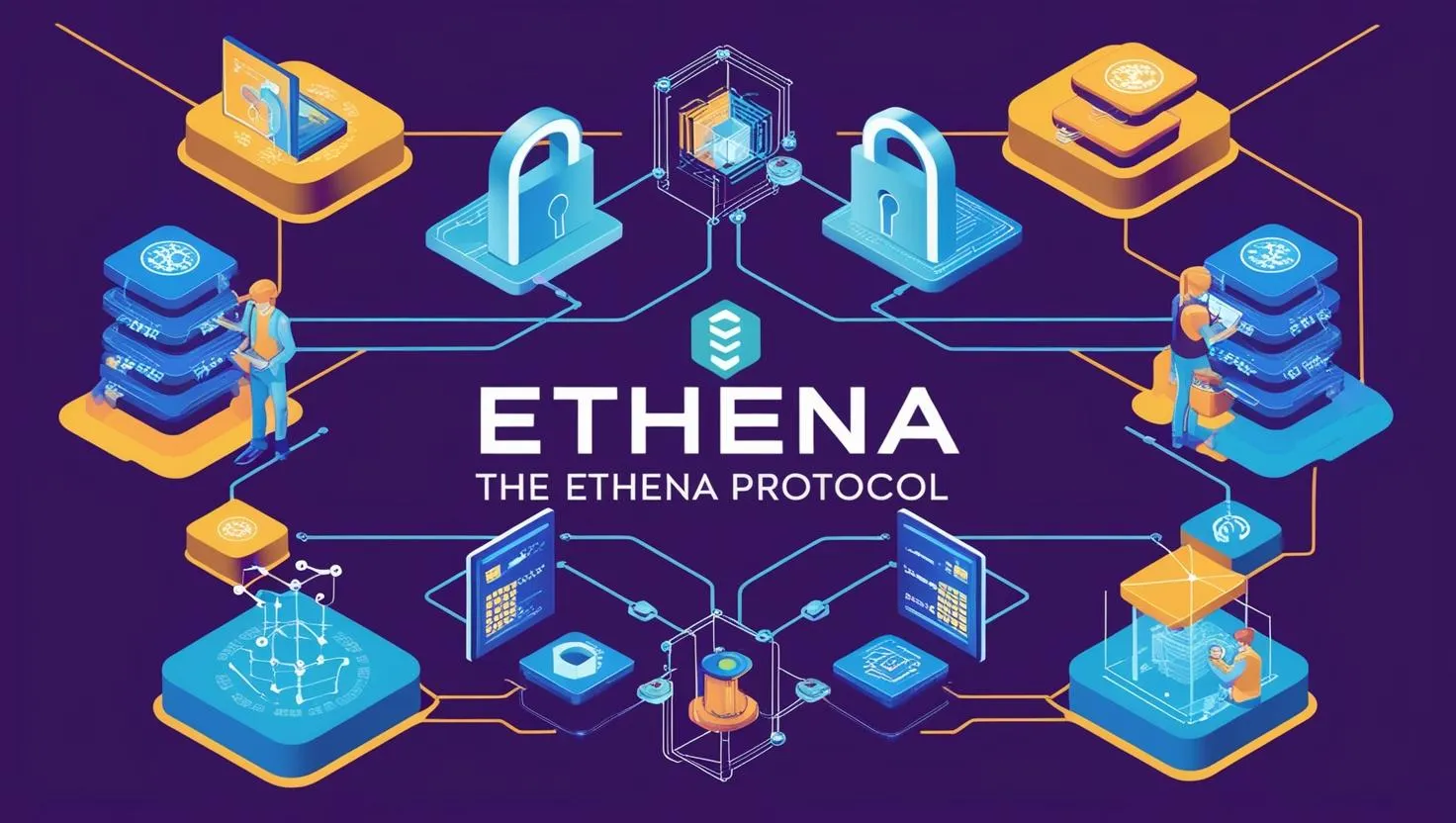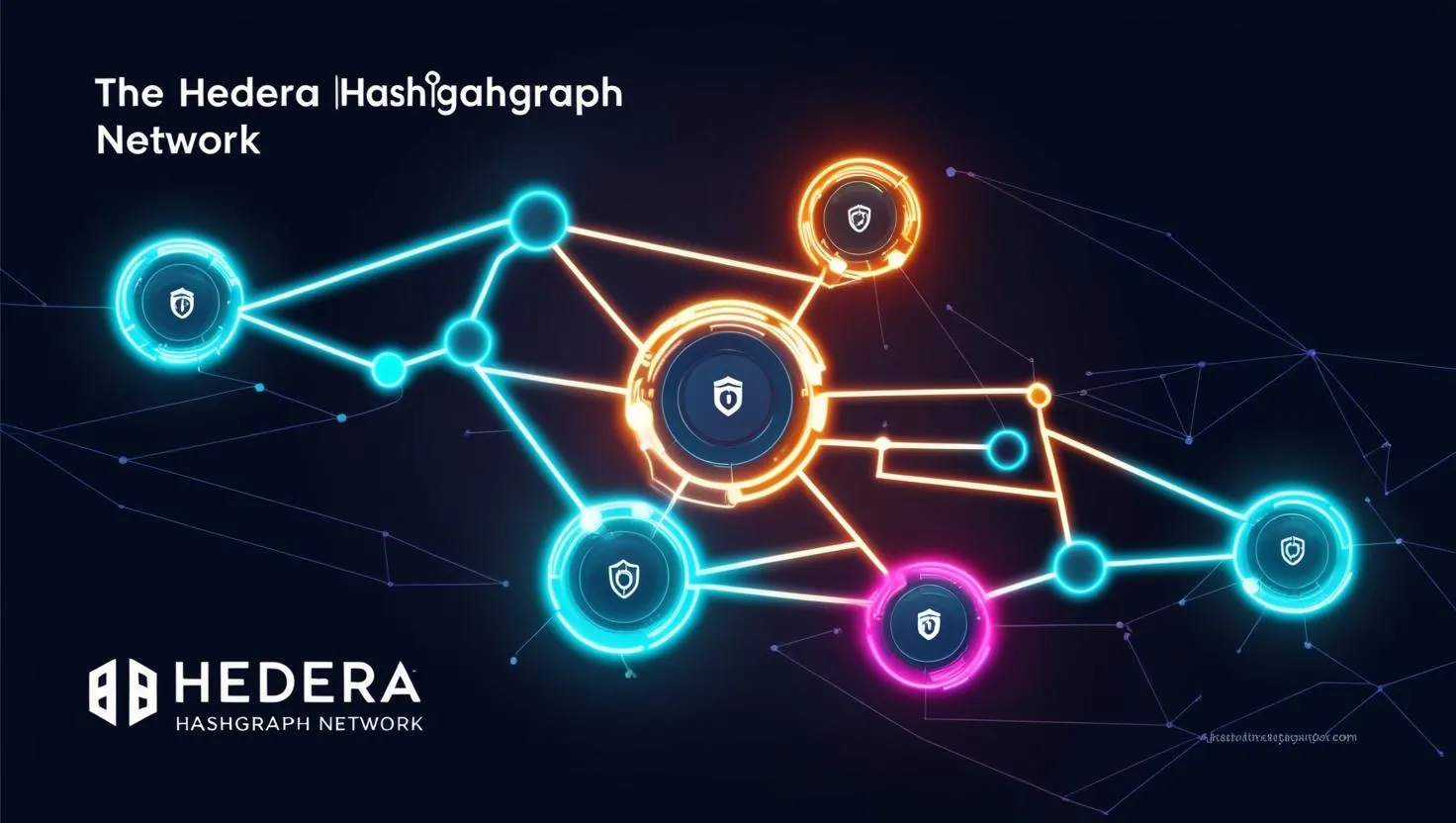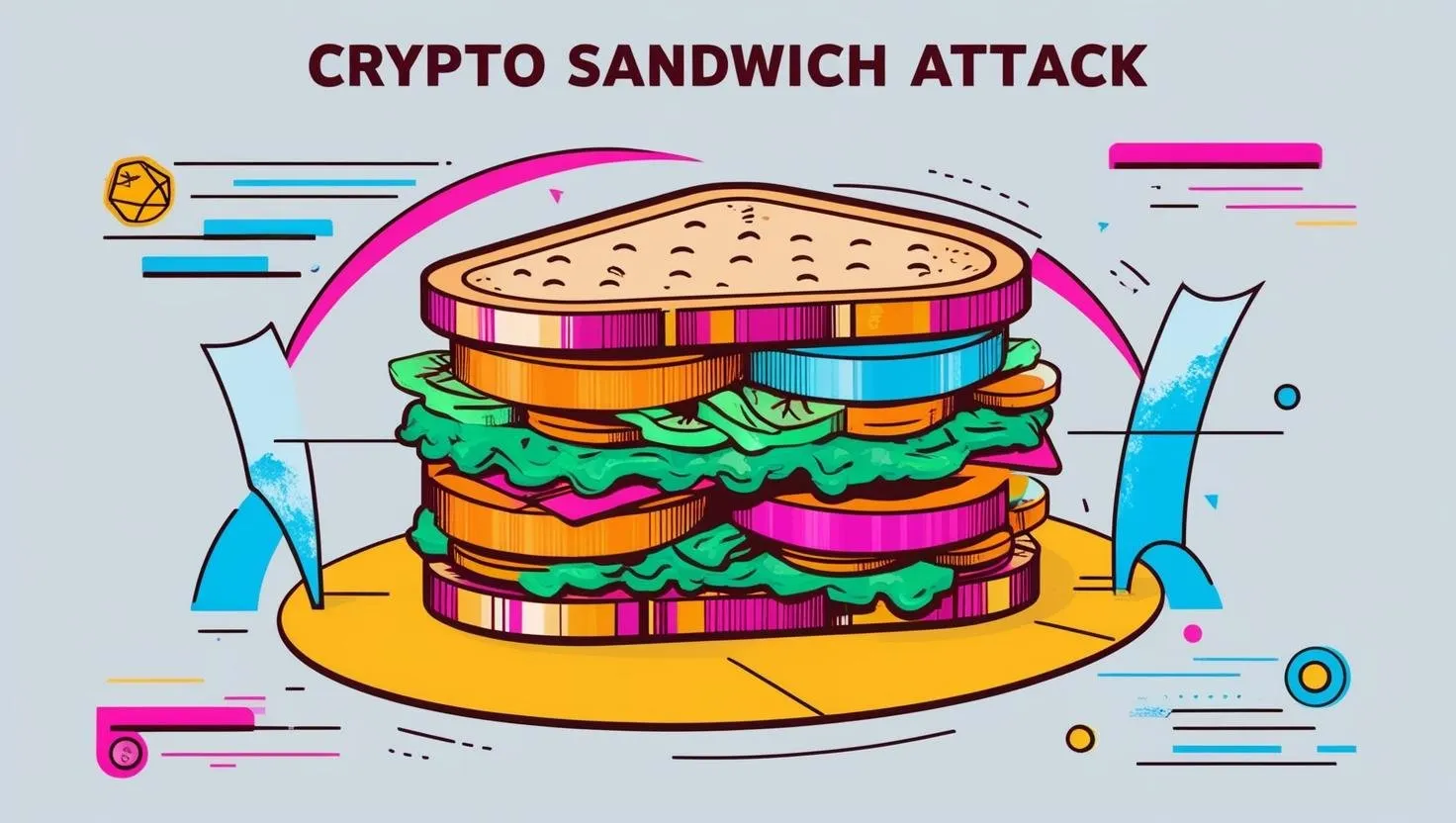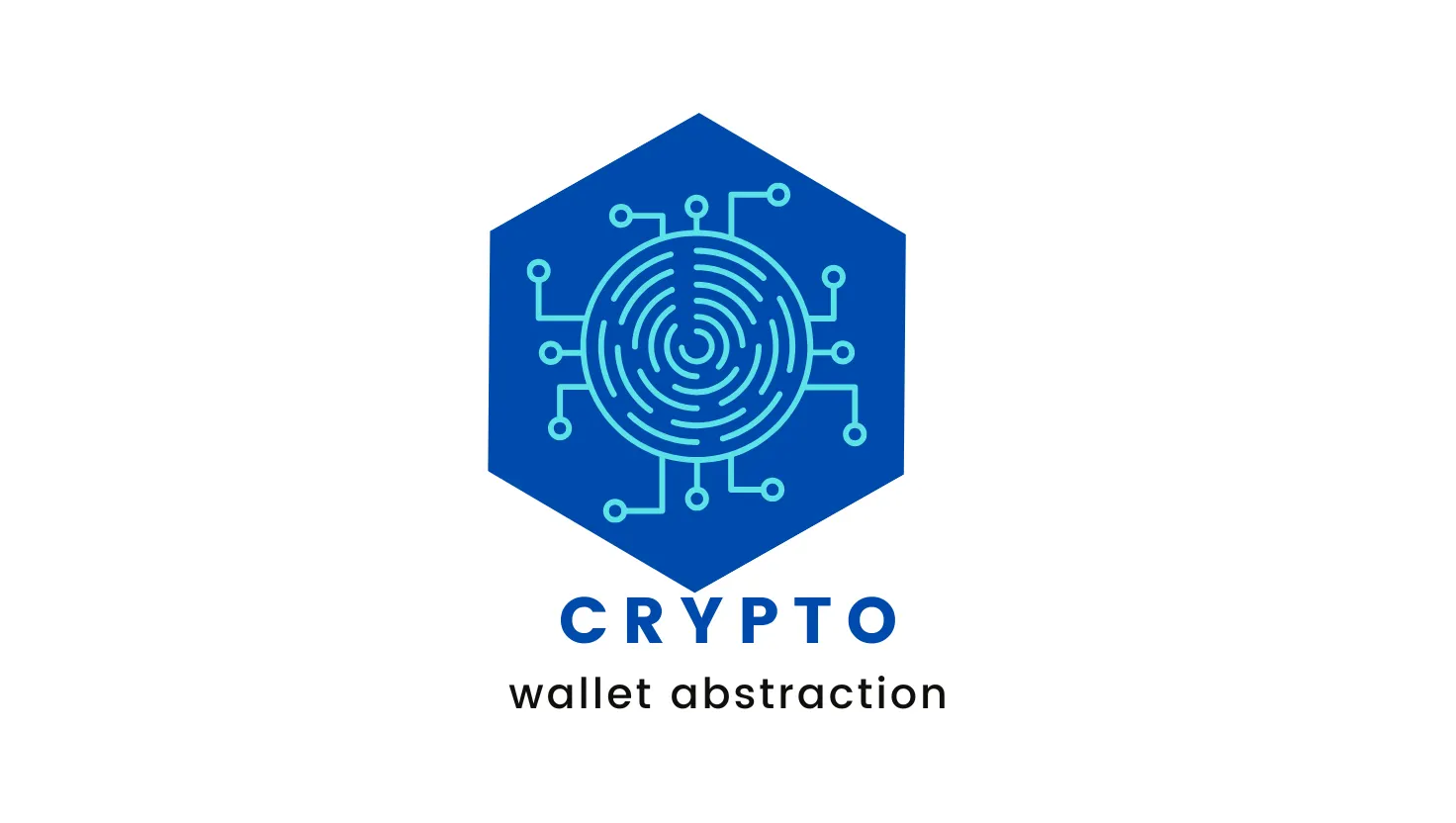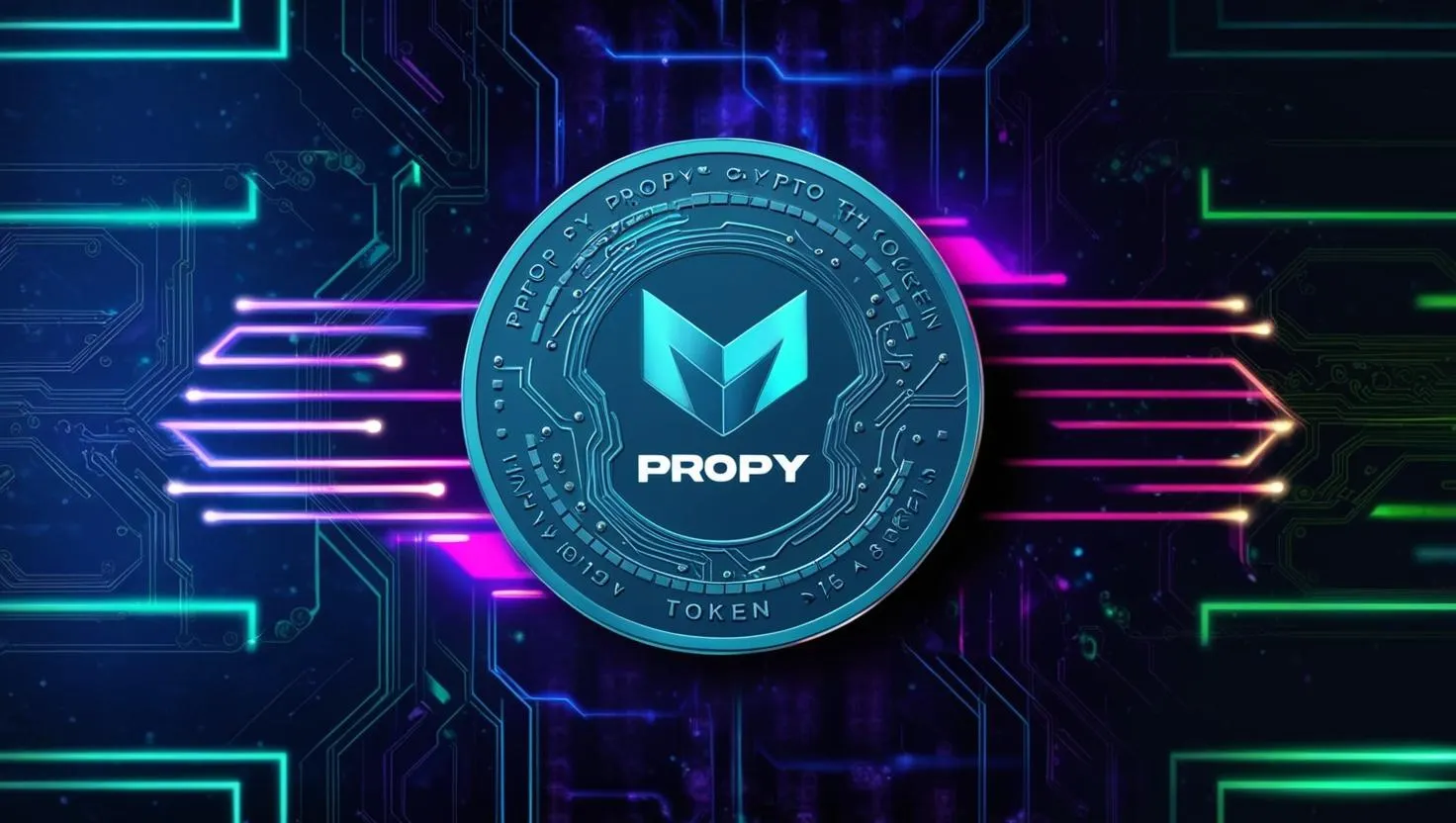Cryptocurrency Ownership: The Power of Private Keys Explained
In the world of cryptocurrency, private keys are the linchpin of security and ownership. Think of them as the digital equivalent of a physical key to your bank vault.
Here's a breakdown:
- What they are:
- Unique Codes: A private key is a long, randomly generated string of characters (usually letters and numbers).
- Secret Key: It's a highly sensitive piece of information that should be kept absolutely confidential.
- Cryptographic Foundation: It's a crucial component of public-key cryptography, a complex mathematical system that underpins many cryptocurrencies.
- How they work:
- Ownership Proof: When you own cryptocurrency, your private key proves that you are the rightful owner of those funds.
- Transaction Authorization: To send cryptocurrency, you use your private key to "sign" the transaction. This signature verifies that you are the legitimate sender and prevents unauthorized transfers.
- Public Key Generation: From your private key, a corresponding "public key" is derived. This public key acts like a unique address where you can receive cryptocurrency.
- Why they are crucial:
- Security: Your private key is the sole barrier between your cryptocurrency and potential thieves. If someone gains access to your private key, they can steal your funds.
- Decentralization: Private keys are a cornerstone of decentralized finance (DeFi). They empower individuals to have full control over their assets without relying on intermediaries like banks.
- Storing your private key:
- Safely: Never share your private key with anyone.
- Securely: Store it in a way that protects it from theft, loss, or hacking. Options include:
- Hardware wallets: Physical devices designed specifically for secure key storage.
- Software wallets: Applications that store your keys on your computer or mobile device.
- Paper wallets: Your keys printed on a piece of paper and stored offline.
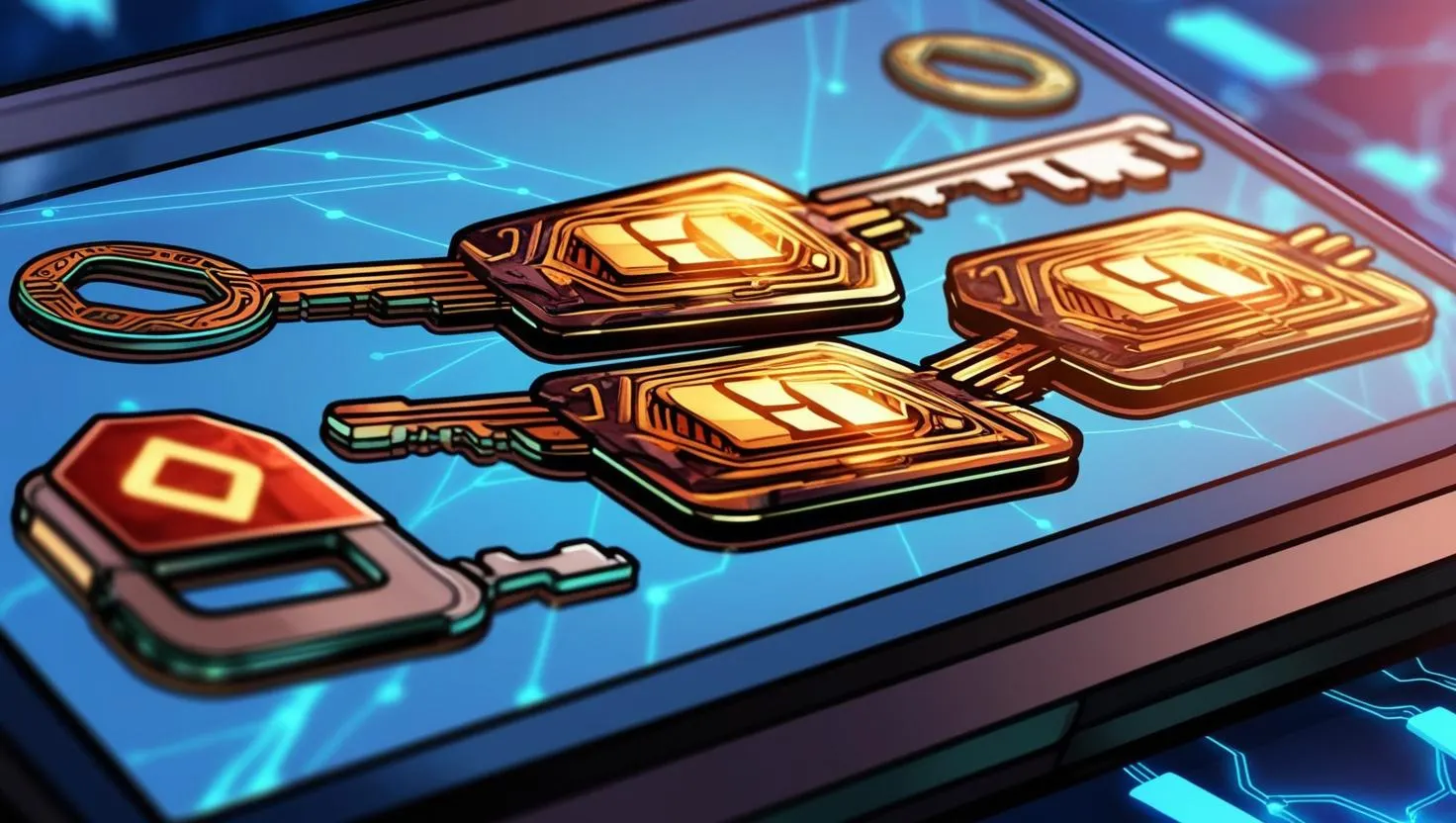
In essence, your private key is the absolute key to your cryptocurrency. Treat it with the utmost care and prioritize its security. REMEMBER "NOT YOUR KEYS NOT YOUR CRYPTO"
Disclaimer: I am an AI chatbot and cannot provide financial advice. The information above is for general knowledge and educational purposes only.
Private Keys in Cryptocurrency: A Deeper Dive
What they are:
- Unique Identifiers: Imagine them as your unique digital fingerprint within the cryptocurrency world. Each private key is a long, random string of characters (letters and numbers) that's mathematically generated and entirely unique to you.
- Foundation of Ownership: In the decentralized world of crypto, owning a private key signifies absolute ownership over the corresponding cryptocurrency funds.
How they work:
- Public-Key Cryptography: The core concept revolves around a powerful mathematical relationship:
- Private Key: Your secret, hidden key.
- Public Key: Derived from the private key. Think of it as your publicly visible cryptocurrency address (like your bank account number).
- Signing Transactions: When you want to send cryptocurrency:
- You use your private key to "sign" the transaction. This signature proves you are the rightful owner and authorizes the transfer.
- The blockchain network verifies the signature. This ensures that only the legitimate owner can move the funds.
Security Implications:
- Absolute Power, Absolute Responsibility:
- If your private key is compromised, your funds are gone. There's no central authority to recover stolen crypto.
- Losing your private key is like losing your wallet with no way to retrieve it. Your funds are irretrievably lost.
- The Importance of Secure Storage:
- Hardware Wallets: Highly recommended. These physical devices store your keys offline, making them extremely secure.
- Software Wallets: Applications that store your keys digitally. Choose reputable options and prioritize strong device security.
- Paper Wallets: Printing your keys on paper. While simple, requires utmost physical security to prevent loss or theft.
Key Concepts to Remember:
- "Not your keys, not your coins": This mantra emphasizes the crucial role of private keys in cryptocurrency ownership.
- Decentralization: Private keys empower users with complete control over their funds, eliminating the need for intermediaries like banks.
In Summary:
Private keys are the foundation of cryptocurrency ownership and security. Understanding their significance and taking the necessary precautions to safeguard them is paramount for anyone involved in the crypto world.


























